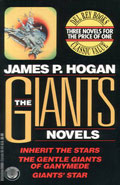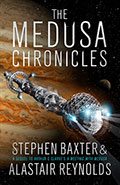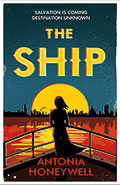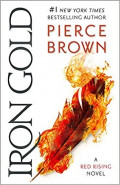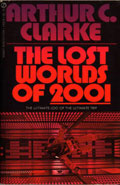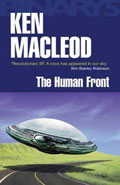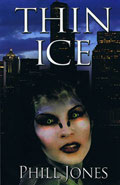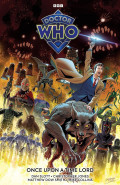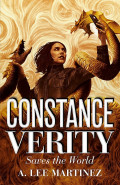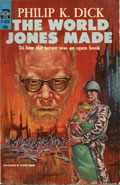The Dark Forest
By Liu Cixin
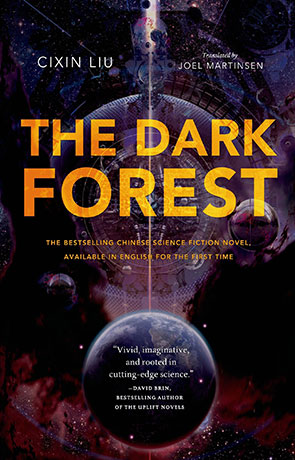
- The Dark Forest
-
Author: Liu Cixin
-
Publisher: Head of Zeus
- ISBN: 978-1784971595
- Published: October 2015
- Pages: 400
- Format reviewed: Hardback
- Review date: 27/01/2016
- Language: English
- Age Range: N/A
Defeatism. Fatalism. These are universal, recurrent maladies that everyone experiences at points throughout their lives. Even if one moves forward - how do we find meaning in such a vast, uncaring universe?
Only here, the universe isn’t uncaring, it’s quite pointedly predatory. These are the central themes that China’s foremost hard sci-fi writer Liu Cixin wraps up in an elegantly written, surprisingly humorous and ultimately humanistic sequel to The Three Body Problem. Cixin plays around with a number of dense, speculative science and technology concepts which wonderfully underpin the dramatic action and very rarely obscure the action. In the interests of not spoiling them, and word-count, this review might have to simplify a few of the more pertinent ones.
The events of the first book concern a Chinese budding astro-physicist named Ye Wenjie whose spirit and faith in humanity is utterly broken by the Cultural Revolution. She takes a kind of refuge at a military facility secretly researching how to contact alien races and discovers a primitive method to do so.She thus accidentally gives away Earth’s location to a civilisation four light-years away known as the Trisolarians - whose own incredibly volatile planet is under risk. They launch an invasion fleet and work with Ye to establish a secret movement to obstruct humanity’s technological progress in preparation.
The Dark Forest picks up after the pro-invasion organisation on Earth have been largely exposed and defeated and with approximately 400 years left until the Doomsday Battle. The UN proposes an unorthodox plan necessitated by the ‘Sophons’, essentially intelligent protons developed by the Trisolarans to spy on humanity and interrupt/sabotage research into frontier physics. It’s deemed ‘The WallFacer Project’, and tasks four individuals with coming up with audacious strategies, the true intent of which is known only to them. They’ll be given almost limitless resources and the option to hibernate for decades, or centuries at a time to see their plans through to fruition.
Cixin’s style is expansive, imaginative and at times intensely personal. The cast is larger than usual and so inevitably a few of them don’t get quite as detailed treatments as the Wall-Facers or crucial characters in and around the Chinese Space Force. However, when Cixin does delve into the inner workings of a character, it’s transportive and utterly believable, even amidst the atmosphere of inevitable cataclysm and high-concept speculative science.
Nor does Cixin shy away from the inner workings of the science itself. He’s clearly a gifted thinker and he’s done his research - topics and technology that are by no means glossed over include: neural-networks and mapping of the human brain; a variety of possible space propulsion drives; socio-economic and cosmic-sociological theory; and at one particularly dense point a treatise-like chapter on how slowing the orbit of a planet would affect the entire galaxy. Although for some these segments could break immersion, I found them diegetic enough and actually fascinating in their rationale. Be warned, this is definitely rock hard sci-fi.
The Dark Forest then is a wonderful conceit with a foundation of exceptional writing. Again skirting spoilers, the stakes and conclusion are much higher than The Three Body Problem and I’m intrigued as to where exactly the final volume in the trilogy will actually pick up. There is the odd pacing problem and the final few chapters feel slightly rushed after hundreds of years (and pages) of build up, but they’re all minor gripes set against Cixin’s ambition and talent.
Written on 27th January 2016 by Danny.
